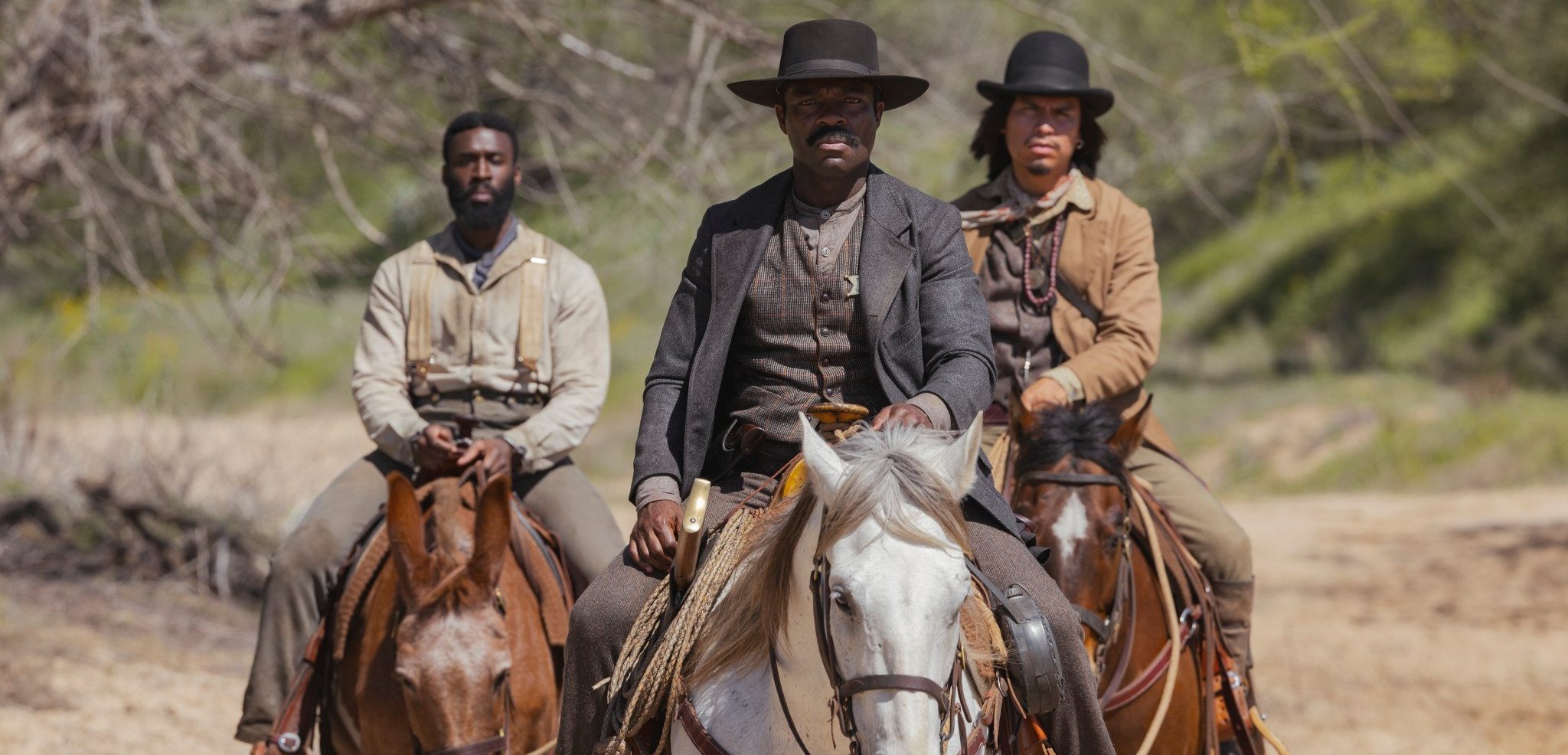In Paramount+’s Western series ‘Lawmen: Bass Reeves,’ Deputy Marshal Bass Reeves kills Texas Ranger Esau Pierce and frees his slaves. He also collects the money the former Confederate soldier had in his safe for the slaves and Jackson Cole, Esau’s prisoner, to begin a new chapter of their lives. The two developments that happen in the final episode of the period drama are presented as significant events that change Bass’ life severely. Upon killing Esau, Bass abandons the law as he seemingly decides to resign from his post. He also reconnects with his black community by freeing the Texas Ranger’s slaves! These two events, however, are not based on the deputy marshal’s real life!
The Fiction in Lawmen: Bass Reeves
Although ‘Lawmen: Bass Reeves’ is inspired by the real Bass Reeves’ life, it is not outrightly based on it. Creator Chad Feehan and his team of writers combined a considerable amount of fiction and reality to form the narrative of the Western show. Bass killing a Texas Ranger and freeing his slaves are two fictional events Feehan and writers conceived for the highly fictionalized and dramatic depiction of Bass’ saga. Esau is a character created for the show as well. The two developments, however, hold considerable significance as far as the narrative of the period drama is concerned.

Ever since becoming a deputy marshal, Bass gets personally removed from the struggles and plights of his black community. He swears an oath to execute the law written by and for the white folks residing in the region. Even though he initially believes that the law treats every race equally and without any partiality, his belief gets challenged soon by Edwin Jones, an entrepreneur who advocates the need to uplift the black community. Despite dismissing Edwin’s aspirations, Bass learns from him that black people are getting targeted in the country. His realization is aided by the legend of “Mr. Sundown,” a mysterious figure who kills or kidnaps black people, especially when he understands that the tale about the latter is not just a myth.
Abandoning the Law
Killing Esau and freeing his slaves are Bass’ ways of reconnecting with his community. When Bass, as a former slave, sees several black men working for Esau in his estate in chains even after the abolition of slavery, he realizes that holding the law tight is not the way to deliver justice to the group suffering at the place. Bass perceives that letting Esau live also means enabling him to continue targeting, torturing, and killing black people since he cannot monitor every movement of the Texas Ranger. That’s the reason why Bass kills Esau rather than arresting him and providing him with a trial.

If Bass drags Esau to justice, his wealth and influence will show him a way to escape the vulnerable and bendable law. To avoid that from happening, Bass kills the Texas Ranger to ensure that he won’t make any more black people suffer. More than a biographical series, the show can be seen as an exploration of slavery and racism in the nineteenth century. Even though the real Bass didn’t do the things David Oyelowo’s character does in the show, these plot developments do justice to the story arc of the fictionalized Bass we see in the period drama.
Feehan and his team also included several events that really happened in reality to honor Bass’ life. These developments range from Bass beating his master George Reeves up to gain freedom to him killing a cook named Willy Leach. But as far as the events in the eighth episode are concerned, Feehan deviated from reality to satisfactorily wrap the dramatic narrative of the series.
Read More: Where Did Bass Reeves Live? What Was His Horse’s Name?


You must be logged in to post a comment.